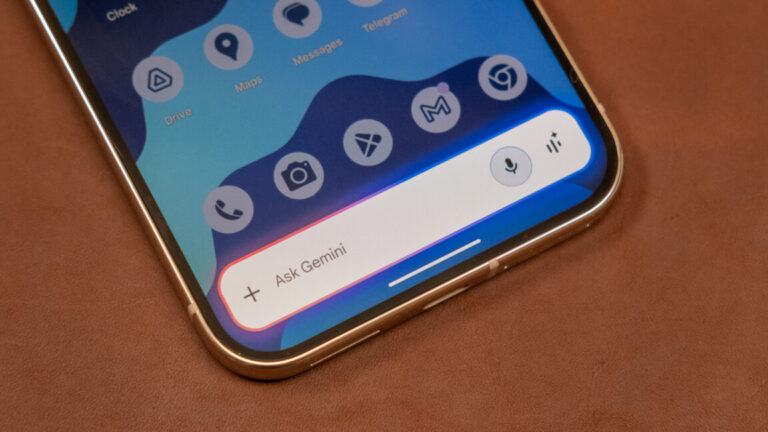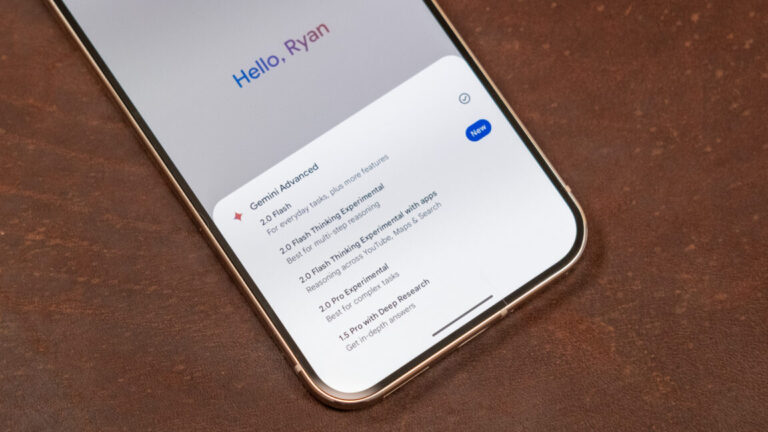The Editors weaves Wikipedia’s volunteers into a global suspense tale
Ars: It’s always fascinating to me how, by and large, every page is so much better than I think it will be. Really high-energy, maybe “truth optional” pages for topics like cryptocurrencies. It’s a small miracle that they’re as orderly and reasonable as they end up being. Do you have any thoughts on how, 24 years from now, Wikipedia has been able to maintain that kind of stability?
Harrison: Well, there are a lot of dedicated volunteers. If a page is getting a lot of eyeballs, like cryptocurrency, for example, that’s a page that people are going to be monitoring with some vigilance. With the mobile revolution, people are also watching edits on their phones and can run back to their laptops to revert incorrect edits.
(Harrison mentioned an article he wrote for The Outline about a Czech grandpa who largely oversaw the cryptocurrency page.)
Coming up on the 24th anniversary, I want to give a salute to the longtime contributors while also acknowledging that Wikipedia has been recruiting new people. And I hope that, even with AI and all these other potential threats, Wikipedia is still recruiting these people.
Because it really is a relatively small group of people. Everyone can edit, of course, but in English, it’s been found that there are only about 1,500 core contributors—pretty small overall. So one of the things in the book is characters discovering, oh, it feels kind of like a small community. People tend to know each other by usernames. That’s a little bit of art imitating life, because people start to see the same usernames on Wikipedia or come across each other on the same pages, and then develop a bit of a reputation. And that, obviously, inspired me.
(The discussion winds toward how there are so few books about the actual Internet.)
Ars: The Internet runs through some of the notable books, but they’re not of or about it. It’s usually just a launching point.
Harrison: I’ve got a couple theories on that. For one thing, literature does tend to lag behind. We’re coming up on the 21st birthday of Wikipedia and now we’ve got the Wikipedia novel. But I think it takes a while for us to get our heads around what’s happening.
I think also maybe there’s a perception that it’s a little bit boring, and I do think it’s a little non-physical, right? Being a keyboard warrior, I had to find a way to get the characters to come together in the flesh, and not just be typing messages at each other. But I think it’s so important to have fiction that’s about the Internet, because a fiction story is really just about making meaning of the world—finding meaning and making it meaningful. And if we’re not doing that with the technology in our lives, then we’re missing one of our biggest tools to actually understand the world.






